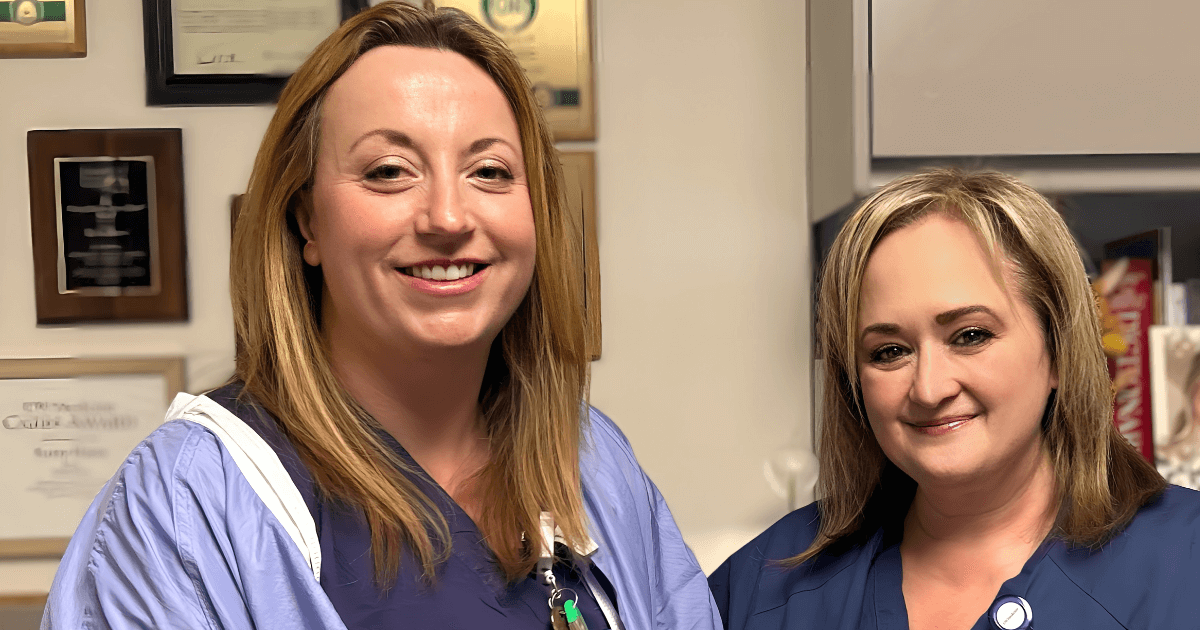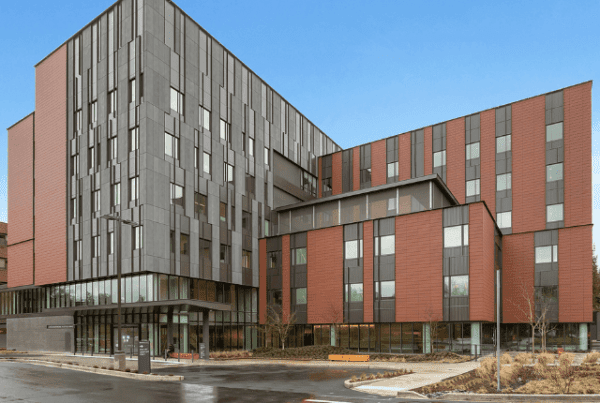Highlights | Timing is everything
- UW Medicine’s Perioperative team oversees the operations and scheduling of surgical procedures, including pre-, intra- and post-surgical care.
- Scheduling each surgical procedure is important for keeping patients’ surgeries on time.
- Small delays can have a ripple effect that may affect or result in postponing later surgeries.
- Through Mission Forward, the perioperative team is collaborating with surgical departments across UW Medicine to eliminate unnecessary delays in care.
Keeping an operating room running on time day after day — surgery after surgery — represents one of the biggest challenges for hospital systems. The nature of such high-stakes, intensive work means any surgery may take longer than expected. Any delay or complication can push back the next patient’s surgery.
Now, there’s a ripple effect: If that next procedure starts late, the following one may also begin late. Magnified over a day, those ripples turn into waves, and another surgery scheduled for later that day could get canceled.
“That’s the last thing we want,” says Ketra Hayes, associate chief nursing officer at Harborview Medical Center.
As part of Mission Forward’s care delivery initiative — and to improve perioperative and procedural services scheduling — Hayes and her colleagues across the system are working to better predict and account for these delays, particularly for the first case of the day.
Over the past year, their collective efforts have led to a 25% improvement in first-case on-time starts at Harborview and UW Medical Center.
Identifying delays and finding solutions
The perioperative team began their work by cataloging all the reasons why surgery may have started or ended late. They began hosting regular meetings and huddles to look at the data and develop solutions to some of the most common and pressing challenges.
“There are hundreds of examples of barriers we encounter,” Hayes says.
A consent form may need to be updated, patient transportation might be late, IV placement could be complicated or a patient might have to use the restroom right before getting wheeled into the operating room.
“We were skeptical about the restroom delay when we started tracking, but it turned out to be a real thing,” she says.
The solutions have been as varied as the problems themselves. Whether it’s adding surgical teams to the day’s schedule, better-organizing workflows, or adding a bathroom check a few minutes before surgery, not only are more cases starting on time, but turnaround times between surgeries are also down.
Shifting mindset and improving communication
“This project has meant a shift in our mental model,” says Celine England, interim director of Clinical Operations and Surgical Services at Harborview. “Mission Forward has us focusing as a group to achieve our goals.”
As part of this group effort, the perioperative team opened their daily huddle and discussion to representatives from various areas in the hospital, including clinic leadership, specialty service coordinators, and many others, which has improved not only processes but communication as well.
“It helped demystify the operating room for the specialists. There is greater understanding between our teams, and we’re able to deliver quality care more efficiently to our patients,” Hayes says.
She emphasizes that Mission Forward has created an environment that has allowed her team to collaborate more effectively with the other specialties and departments.
“Everything is better now that we have these new ways of working together,” says Hayes.



